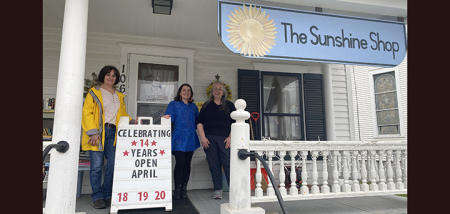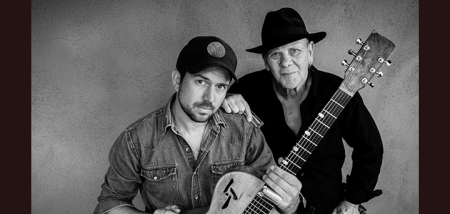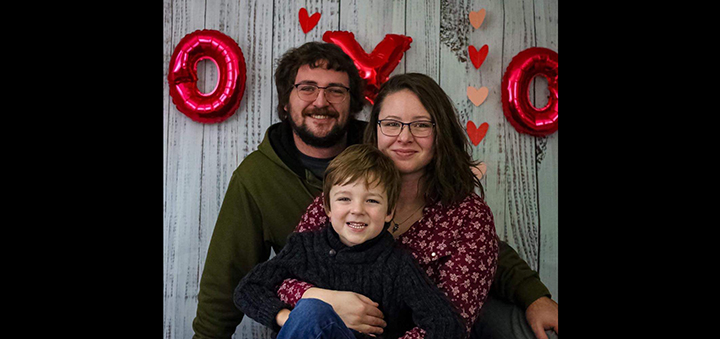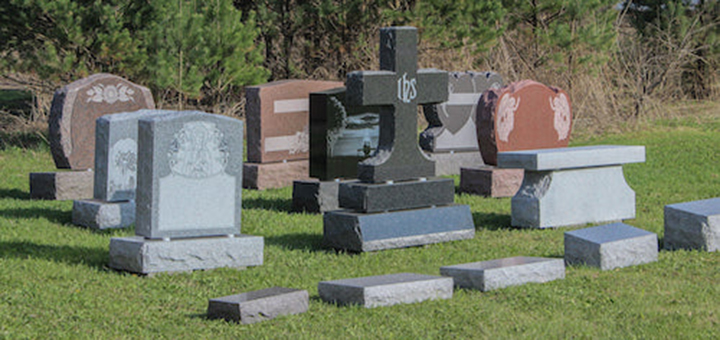Tilting At Windmills: The Island Of Lost Books - Encore
Published:
June 24th, 2022
By:
Shelly Reuben

Since I am close to finishing a new novel and my mind lately has been loitering over other writers and other books, I am bringing back a column I wrote a while back about my friend, Betty Ulius. Betty died many years ago. Like me, she was a writer. Unlike me, Betty’s home was Hollywood and her success had been in radio and television.
We met late in her career, after she had become fiction editor for a slick women’s magazine. I submitted one of my short stories to her, and Betty rejected it. I don’t know whether I was a glutton for punishment or a good judge of character, but I sent a friendly response to her rejection letter, she wrote me back, and out of that correspondence a friendship grew.
Being older and more successful that I, Betty often gave me writing advice, and it was always good. She had never bothered with books or stories, but she knew everything there was to know about characterization, balance, pacing, and plot. Whether it is a radio script, a screenplay, or a novel, the rules of making fiction credible and getting the listener / reader / viewer to care about the characters are all the same.
Our relationship changed, but only slightly, after my first novel, Julian Solo, was nominated by the Mystery Writers of American for an Edgar award. Then, probably for the first time, Betty looked at me as though maybe ... just maybe ... I might know something that she didn’t know. Not about the craft of writing (nobody could teach Betty anything about that), but about the genres in which a writer might market his or her work.
So, Betty decided to do what I had done and write a novel.
It was her first. And it was her last.
When an author pays out of his own pocket to have his manuscript printed, rightly or wrongly, it is said that the book was published by a “vanity press.” The implication is that the book wasn’t good enough to make it in a commercial market, so the author had to publish it himself.
Clearly, this wasn’t the case for Betty. She was a tried and true professional. If she wrote a book, I knew that it would be good. I also knew it would be saleable. So why, I wondered, before she had even finished writing the last chapter, had she decided to self-publish?
That question still had not been answered when her book, DANGEROUS BEHAVIOR, arrived in the mail. I touched it. I smelled it. I flipped through the pages. It looked great. It smelled great. It had a terrific book cover. Relishing what I knew what was going to be a rewarding experience, I sat down and read it straight through. It was even better than I had thought it would be, and I marveled at how someone who had never before written a novel could do such a flawless job.
I called Betty to sing her praises. I asked her why she had published it herself, when all she had to do was give it to my agent, who would submit it to publishers, and … She cut me off.
“Shelly,” she said. “I don’t have time for that.”
Then Betty gave me the bad news. She was dying of cancer, she knew that her book was good, and she had wanted to send copies of it to all of her friends before she died. She made it by about a week.
Ever since I realized my dream of becoming a published author, I have pondered the fates of those who are as committed to their crafts as I, but who, because of war, persecution, early death, bad timing, or lack of fortitude (repeated rejection takes its toll), never had such good fortune.
The writer who pens his Great American Novel and dies – his manuscript, exquisite in insight, inspired in imagery – tossed into the garbage, along with his unclaimed furniture and old clothes. The poet who lives in Godforsaken Nowhere who turns immortal truths into lyrical odes but never shows her work to anyone because she thinks it isn’t good enough. The dreamers growing up in Nazi Germany, Soviet Russia, North Korea, Iran, Cuba, or Ethiopia, who thought and wrote words inimical to tyrants and whose works never saw or will see the light of day.
My spiritual colleagues ... my literary compatriots ... my other selves. All of those whom I might have been but for a trick of timing and good luck. I am haunted by them and by their novels. I see the genius of their unpublished manuscripts, stacked high on shelves that reach up to the sky.
Betty’s book is there too. At about eye level. Within easy reach of those whose vision of heaven was, is, and will always be unlimited access to books, books, books.
All of the books are real. But the shelves exist only in my mind. Row upon row upon row of them.
In the Orphan Writers’ Library, on the Island of Lost Books.
Copyright © Shelly Reuben, 2022. Shelly Reuben’s books have been nominated for Edgar, Prometheus, and Falcon awards. For more about her writing, visit www.shellyreuben.com
Author: Shelly Reuben - More From This Author
Comments






